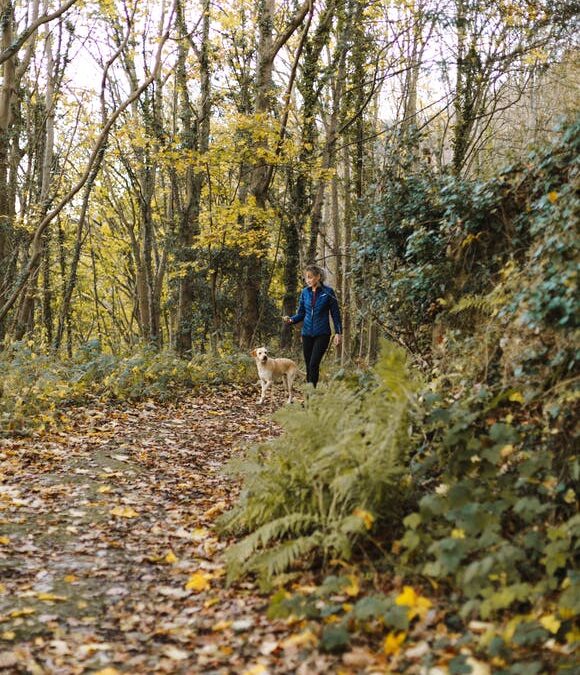Have you ever gone for weeks or even months with a healthy routine and then something happens that throws you off track and you can’t seem to get back into the groove? This is something many of us can relate to. Healthy habits are a lifelong commitment and sometimes life throws us curve balls that can make it difficult to prioritize our healthy habits.
When prioritizing your health and developing healthy habits, this can be seen as hitting the maintenance stage. This stage is when you are able to maintain behaviour changes over a sustained period of time or at least 6 months. A habit can be defined as a behaviour that is frequently engaged in, to the point where if mostly occurs unconsciously or automatically. Can you think of any of your behaviours that have become habitual in your life? If you’re lucky, maybe you get up and go for a walk a couple times a week without even thinking about it or maybe a habit is going for a Tim’s coffee every weekday morning prior to starting your day.
We can take advantage of some of these regular habits to incorporate healthy behaviours. This is called ‘habit pairing’. Habits are generally under automatic or unconscious control and are initiated in response to a cue or trigger. For example, in the morning you might walk into your kitchen and put the kettle on without even thinking about it. The cue/trigger in this situation could be walking into the kitchen in the morning, and the automatic (habitual) response is putting on the kettle. Habit pairing leverages the trigger – response process by piggybacking on an established habit and using that as a trigger.
An example of habit pairing would be to utilize the time you have while your coffee is brewing to do a quick morning meditation, practice some deep breathing, or walk around the house to get some extra steps in until your coffee is ready. Another example of this would be to change into your workout clothes while your coffee is brewing so you are ready to exercise after you’ve enjoyed that first cup! Using old habits to build in new ones is a great way to generate sustainable behaviour change & reach your healthy lifestyle goals. Habit pairing uses routes of behaviour your brain is already familiar with, making it easier to adopt new healthy routines that can become sustainable habits.
The best habits to piggyback on are the ones that happen about the same frequency as the new behaviour you are trying to habituate. If your goal is to drink more water each day, every time you take a break, fill your glass of water or water bottle. If you want to eat more vegetables, when you are preparing your meals in the kitchen, chop up extra veggies to store for snacking! If they’re prepared, you’re more likely to eat them throughout the day. These are just a few ideas of habits to pair. Feel free to share with us if you have any other ideas!
